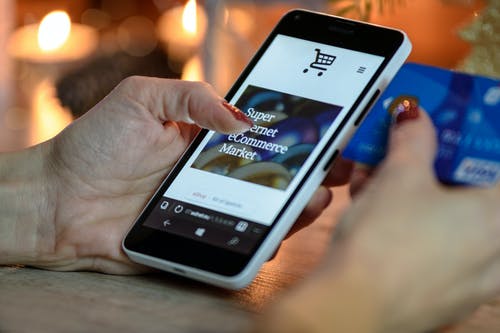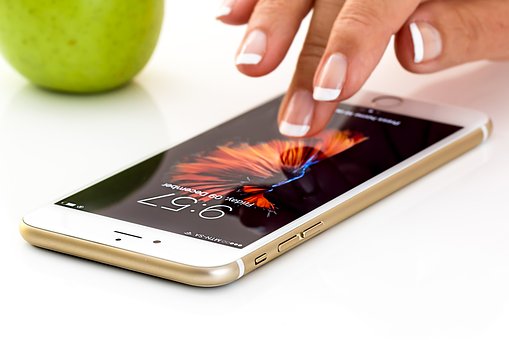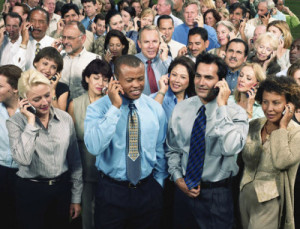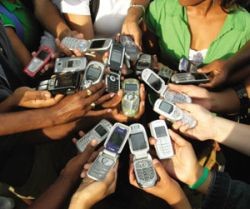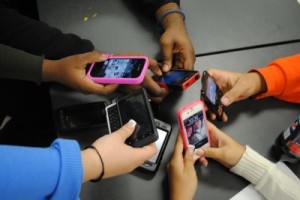These days, more children have access to cell phones primarily because it is an essential item that everyone should have for communication. However, if left unchecked, kids can become addicted to cell phones.
While cell phones are important for your child’s social and academic needs, you need to help them provide a balance so that they become addicted to their devices.
Some studies have opined that cell phone addiction might produce the same effects as alcohol or drug addiction. This makes it more important to ensure your child handles their cell phones the healthy way.
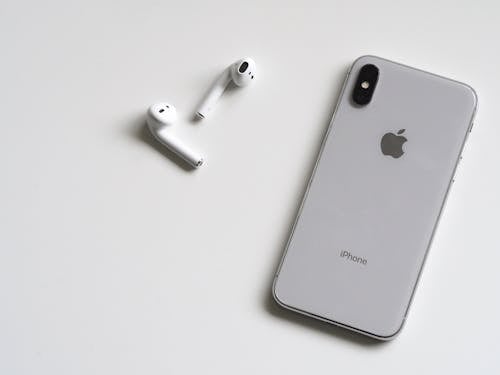
Here are some of the signs of cell phone addiction in kids:
They lose interest in other activities
You can tell that phone addiction is prominent in a child when their interest in other activities begins to decline.
This might be because they spend more time playing games, watching videos, or just communicating with friends and strangers online. They might spend less time reading books, playing games with friends, etc.
They are mostly isolated
One of the highlights of phone addiction is when your child prefers to spend time in their room and frowns at every chance to stay around people.
When they are in social settings, they are always on their phones and cut off from every conversation because they might not be interested.
They experience fallouts with their family and friends
When you notice that your child no longer communicates regularly with you like before, it might be that they are addicted to their phones. They might avoid face-to-face interactions because their minds are fixated on the ongoing activities online.
It is important to mention that there will always be activities on the internet that will continuously engage your child.
Your child will keep getting exposed to both the positives and negatives on the internet and the only way they can live an overall balanced life is when they control their online activities.
Parents and caregivers need to teach children how to use the internet the right way to that it doesn’t affect them mentally, emotionally, and physically.

